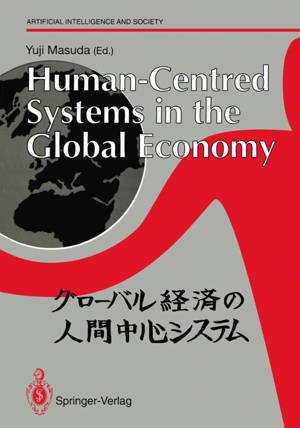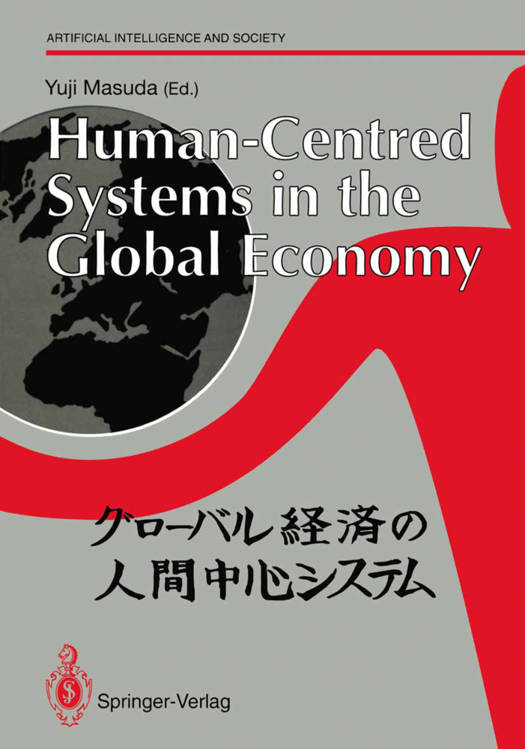
- Afhalen na 1 uur in een winkel met voorraad
- Gratis thuislevering in België vanaf € 30
- Ruim aanbod met 7 miljoen producten
- Afhalen na 1 uur in een winkel met voorraad
- Gratis thuislevering in België vanaf € 30
- Ruim aanbod met 7 miljoen producten
Zoeken
Human-Centred Systems in the Global Economy
Proceedings from the International Workshop on Industrial Cultures and Human-Centred Systems Held by Tokyo Keizai University in Tokyo 1990
€ 52,95
+ 105 punten
Omschrijving
The arrival of the information society in Japan has radically altered the industrial structure, work patterns and cultural values of its society. The innovation and implementation of information technology has accelerated this change and made its effects more profoundly felt. Because of this, there is now a need to widen the debate on human-centred manufacturing systems to include broader issues such as industrial culture, international economies and global knowledge. Human Centred Systems in the Global Economy contains the proceedings of an international workshop held at Tokyo Keizai University which looked at the design of human-centred systems in the context of these technological and social changes. The workshop attracted contributions from internationally known researchers in Europe, Japan, the USA, South East Asia, Eastern Europe and the USSR. The resulting volume is unique in that it addresses the relationship of information technology to Japanese society as a whole, rather than concentrating on technical issues. The papers have been divided into three areas, covering the structure, dimensions, and policies and perspectives of the information society. Specific areas covered include: social and cultural shaping of technology, economic interdependence, technology and knowledge transfer, computer-aided design, management culture and communication technologies. Human Centred Systems in the Global Economy provides a comprehensive assessment of the debates on human-centred systems and will be of interest to people in a wide variety of disciplines including information technology, economic development, management science and related studies of social science and humanities.
Specificaties
Betrokkenen
- Uitgeverij:
Inhoud
- Aantal bladzijden:
- 272
- Taal:
- Engels
- Reeks:
Eigenschappen
- Productcode (EAN):
- 9783540197454
- Verschijningsdatum:
- 6/08/1992
- Uitvoering:
- Paperback
- Formaat:
- Trade paperback (VS)
- Afmetingen:
- 170 mm x 244 mm
- Gewicht:
- 462 g

Alleen bij Standaard Boekhandel
+ 105 punten op je klantenkaart van Standaard Boekhandel
Beoordelingen
We publiceren alleen reviews die voldoen aan de voorwaarden voor reviews. Bekijk onze voorwaarden voor reviews.










